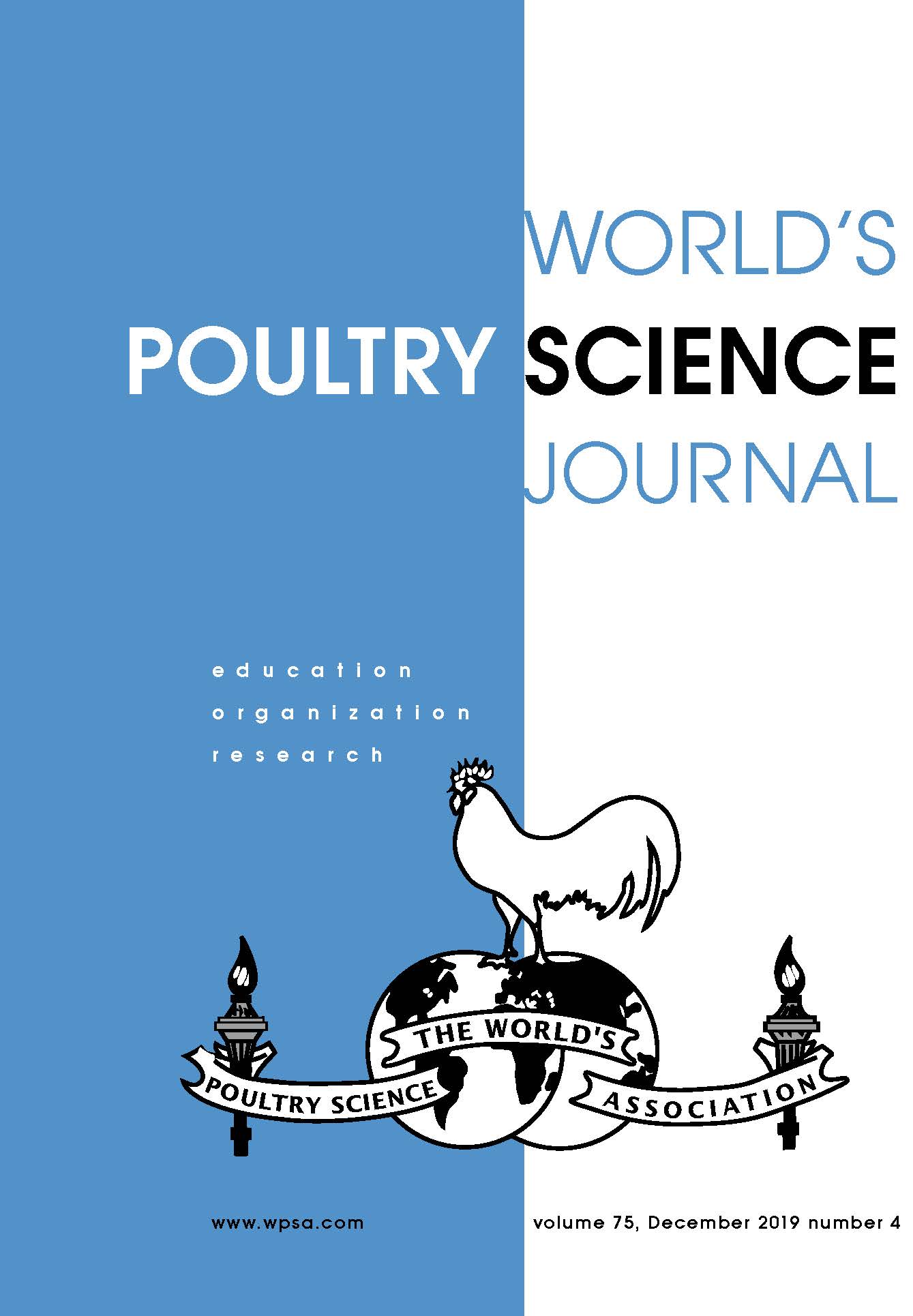Article contents
Irina G. Moiseyeva 1932 – 2015
Published online by Cambridge University Press: 25 February 2016
Extract
On November 20, 2015, Irina G. Moiseyeva passed away in Moscow, Russia, at age of 83 years. She was a well known leading researcher of the Laboratory of Animal Comparative Genetics, N. I. Vavilov Institute of General Genetics.
Her whole life was devoted to the science and the Institute of General Genetics, where she worked after graduating from the Moscow State University in 1955.
In 1966, as a member of the Laboratory of Immunogenetics, she participated in the XIII World Poultry Congress in Kiev, USSR, being responsible for arranging the Soviet exposition, for which she was awarded a commemorative medal by the Ministry of Agriculture of the USSR.
In 1971, under the supervision of Kh. F. Kushner, Irina defended her thesis for the degree of Candidate of Biological Sciences on ‘Phenotypic and genotypic variability of the egg quality traits in chickens’. Afterwards, Irina worked in the Laboratory of Comparative Genetics at the Institute of General Genetics, where she led research on the genetics of domestic fowl and their primary wild ancestor Gallus gallus. Over the 60 years of her career, she published more than 150 articles on the origin, evolution, distribution, qualitative and quantitative genetics, biochemical and molecular polymorphisms and morphological characteristics of chickens. Irina gave particular attention to the issues of conservation of genetic resources, firstly for Russian breeds as well as their history and origins. A number of her studies were devoted to the principles of classification of chicken breeds from which she set up a data bank describing over 230 chicken breeds. Important aspects of Irina scientific work included the popularising activities for the public, teachers and fanciers, aimed at creating awareness for conservation of genetic resources of domestic animals.
Irina participated in the writing of several fundamental books published in Russian, and in particular, the summarising work ‘Farm Animal Genetic Resources: Rare and Endangered Breeds’ (1992), and a chapter entitled ‘Chicken breeds and their gene pool’ in the book ‘The Gene Pool of Farm Animals: Genetic Resources of Livestock Production’ (2006).
Irina was a principled person, with an active lifestyle, a member of the All-Russian Society of Geneticists and Breeders (VOGIS). As a scientific adviser, she was often involved in the activities of the All-Russian Society of Poultry Fanciers. She took part in many meetings under the auspices of the World Poultry Science Association and presented research both within Russia and abroad (England, the Czech Republic, and Israel). It is thanks to her efforts that Russia became a participant of the international research project AVIANDIV (1999–2000), in which investigators from 21 countries tested 52 chicken populations at 25 microsatellite loci, including two Russian breeds.
She was an intelligent and keen conversationalist, distinguished by modesty and tact, combined with kindness. The Russian poultry science community has lost one of the patriarchs of farm animal genetics, and we will miss a friend and colleague.
- Type
- Obituary
- Information
- Copyright
- Copyright © World's Poultry Science Association 2016
- 1
- Cited by




